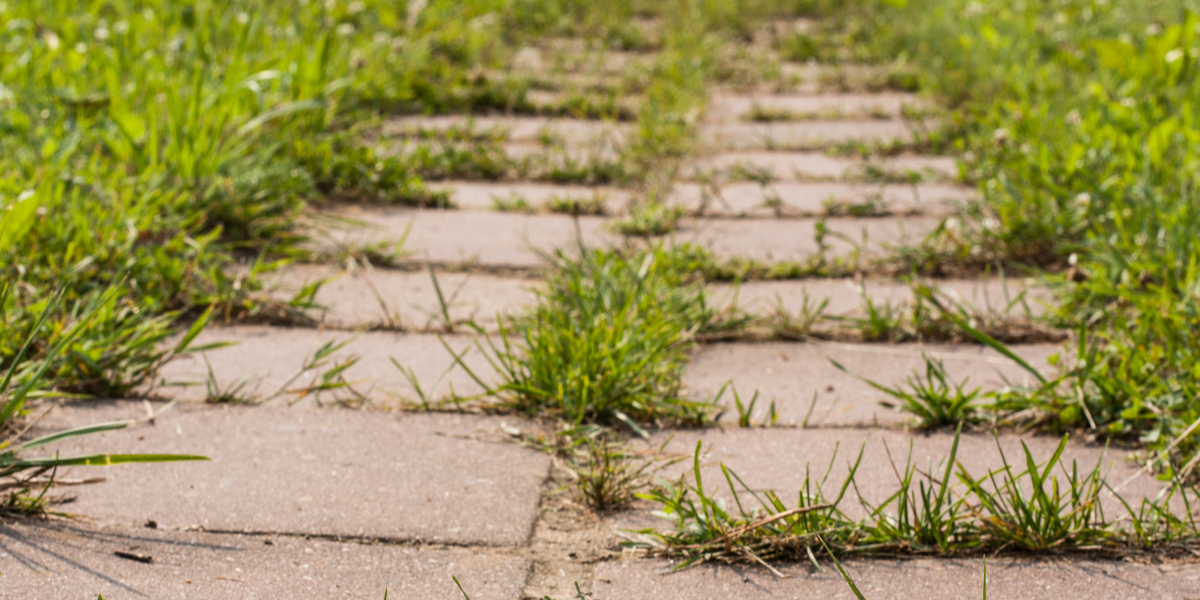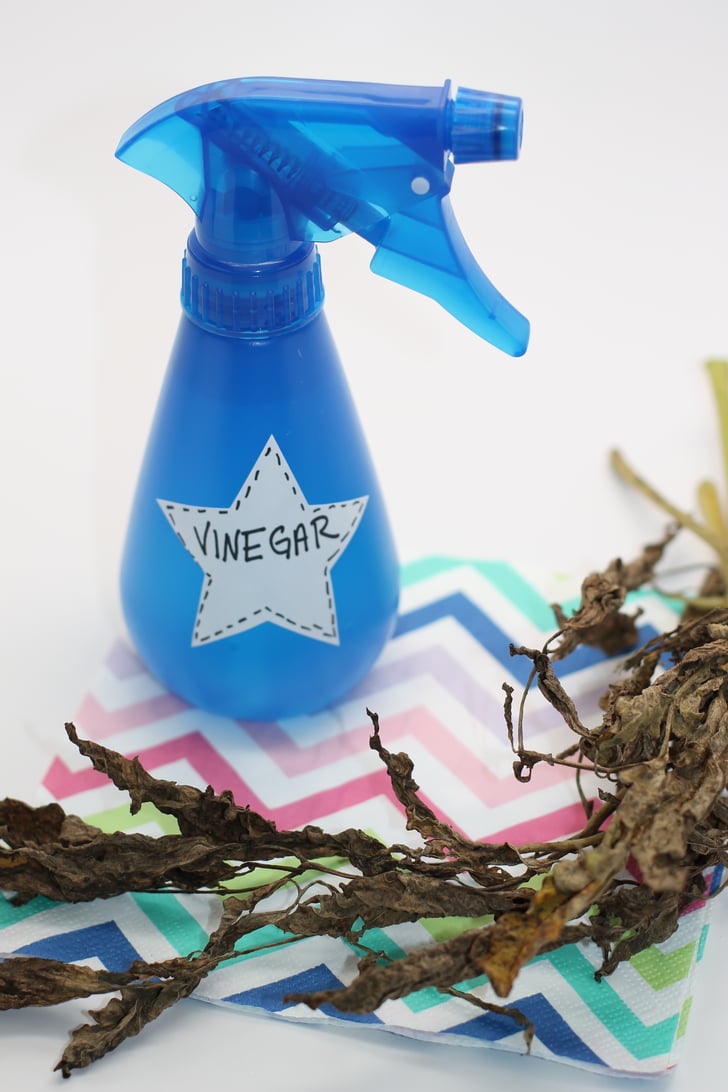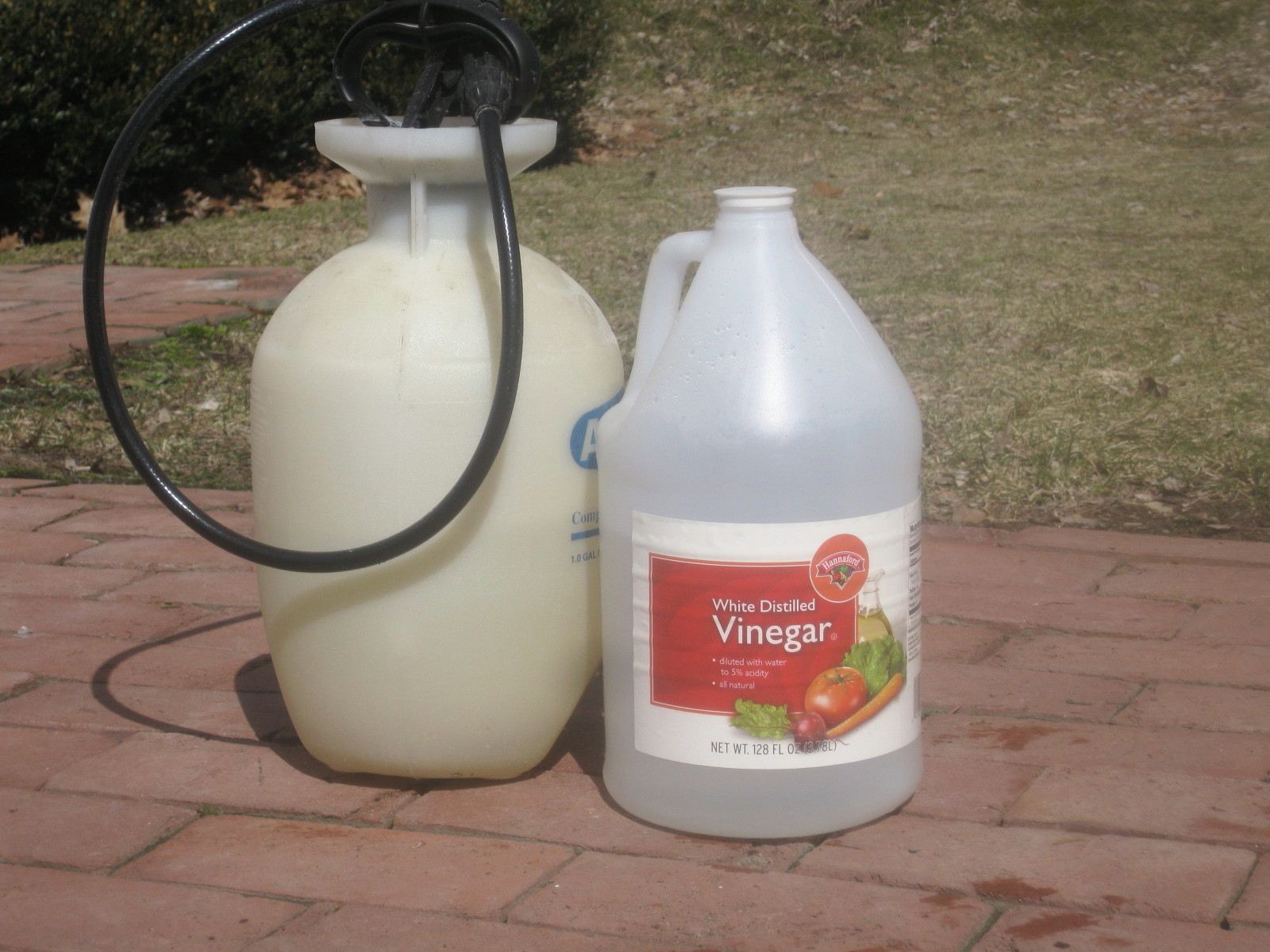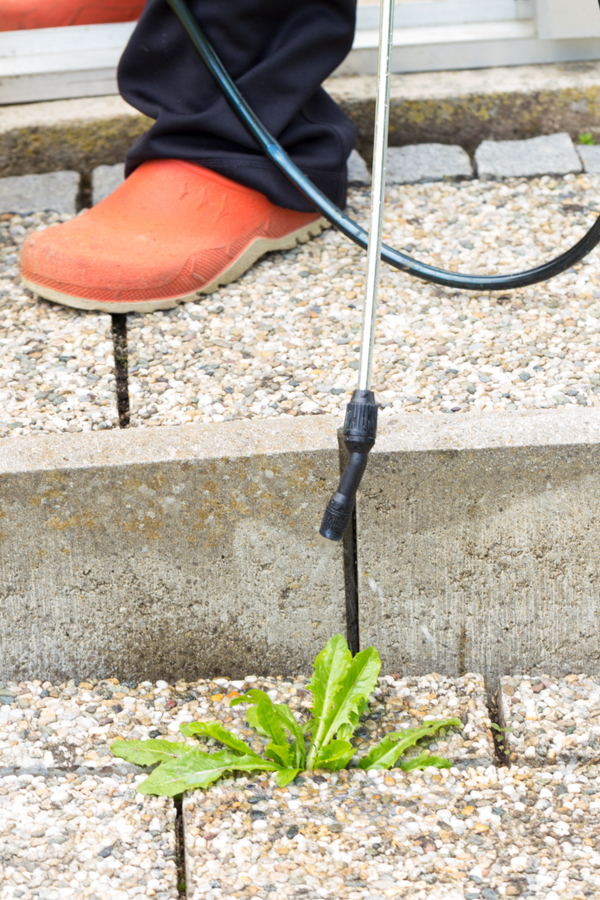Fun Tips About How To Kill Weeds With Vinegar

If you're dealing with older, tougher, or more aggressive weeds, horticultural vinegars with 20 percent acetic acid are effective.
How to kill weeds with vinegar. For an easy herbicide, use white vinegar from your kitchen in a spray bottle. For large areas, the basic gallon recipe will cover about 4 square feet. Brush application will ensure you avoid getting on neighboring plants with the spray bottle.
The acid within vinegar breaks down cell walls and removes moisture from weeds, causing them to die off, she says. Stir the combination thoroughly to ensure the salt and dish soap are well incorporated into the vinegar. Here are simple and effective recipes:
Salt (or epsom salt) detergent random ingredients, i know. And that acid is what kills the plant. As with any weed killer, select a day that is at least 70°f and sunny to apply it.
Pour the mixture into a garden sprayer. Here is a look at how we make our homemade vinegar weed killer, and how we apply and use it to keep weeds at bay. Using horticultural vinegar on its own works, but it is expensive.
The typical household vinegar is great for cleaning, but it’s not strong enough to kill weeds. Apply household vinegar with a spray bottle, pump sprayer, or brush, as long as you can direct it only to those pesky weeds since it cannot differentiate between weeds and other plants. While this vinegar can be used on weeds, it has its limitations.
A vinegar/salt mixture application typically kills weeds within 2 days. You can also paint the vinegar on the plant with a brush. The high acidity in vinegar makes it a powerful natural weed killer.
Just because vinegar is natural doesn't mean it's not potent. Older weeds may come back weaker and not survive a second application. To kill weeds with vinegar, first mix 1 gallon (4 liters) of white vinegar with 2 teaspoons (10 ml) of dish soap.
Add a tablespoon of dish soap per gallon of vinegar so that the spray will stick to leaves and break down their protective coating. Small weeds may not be strong enough to regenerate. Vinegar is a contact or burndown herbicide, killing what it touches within hours or days.
However, they can also cause harm to humans and other animals. Soap helps the spray's absorption. Pouring a cup of vinegar around the base of a weed can help kill the roots.
Acetic acid is a desiccant which means it draws moisture out of plant foliage. The vinegar weed killer mix will keep for at least a week in a dark cupboard. First, you need at least a 5 percent vinegar concentration to effectively kill small weeds, like dandelions.






:max_bytes(150000):strip_icc()/vinegar-as-a-natural-weed-killer-2132943-final-5c1a5edf46e0fb00012f1032.png)










